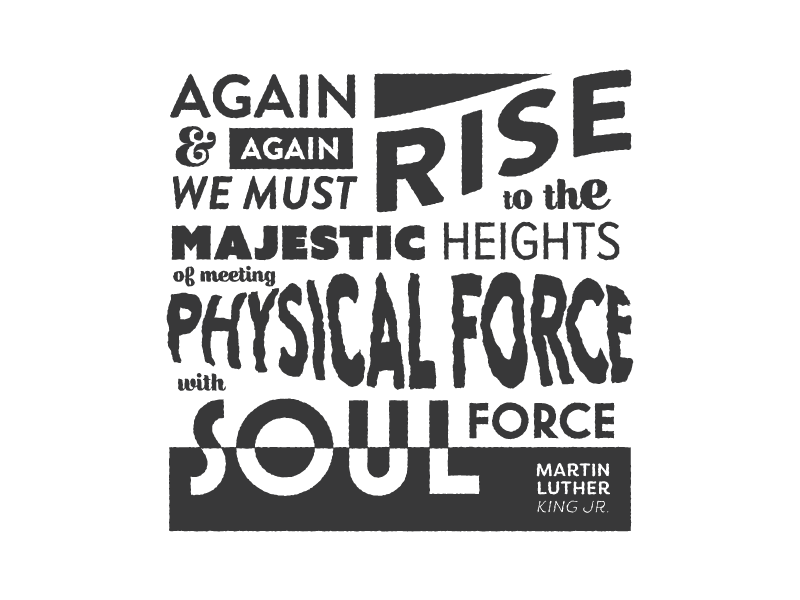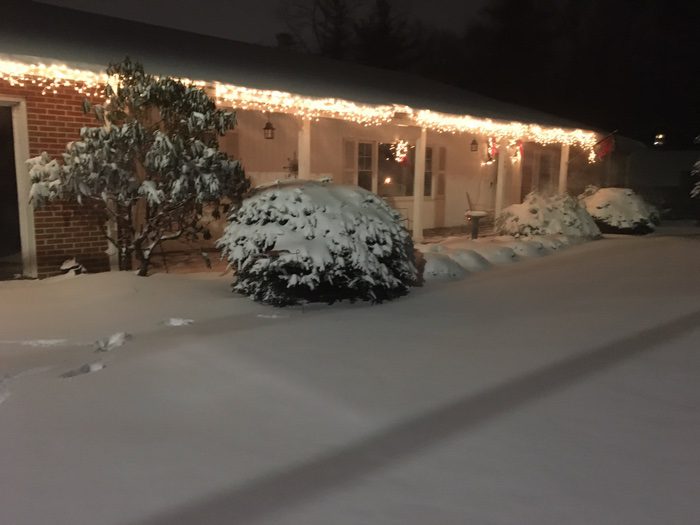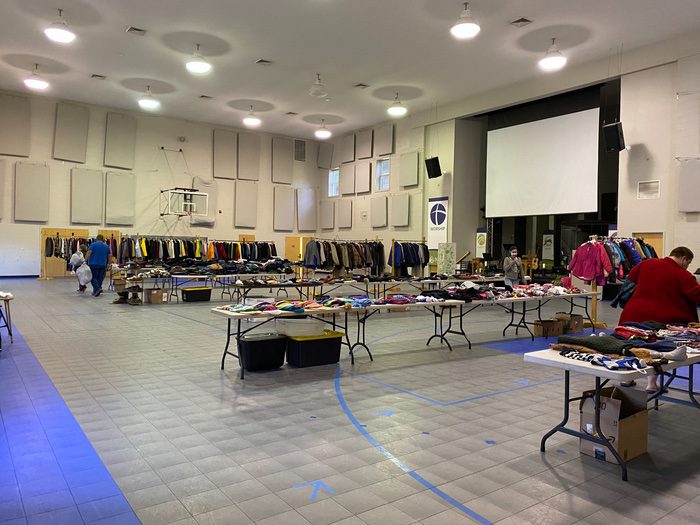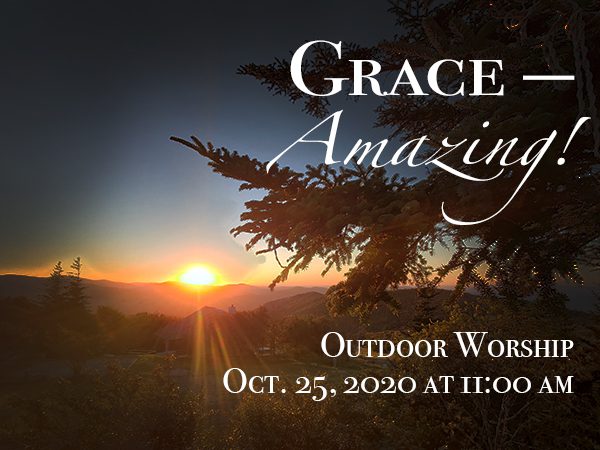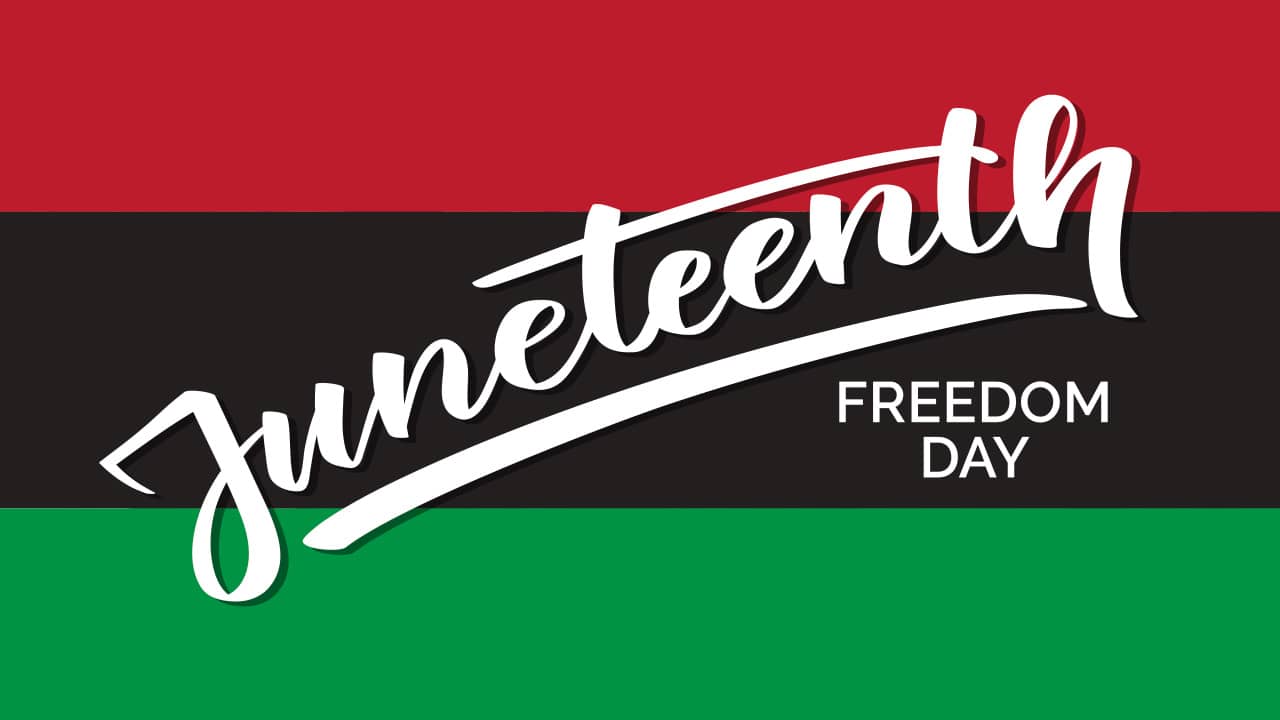
Juneteenth and the Parable of the Sower
Lory Beth Huffman
Senior Pastor

Yesterday was Juneteenth. I will confess that I did not fully understand why that was on my calendar and what it signified until I researched it. And that embarrasses me to admit. It commemorates the end of slavery in the US. On June 19, 1865, Union Major General Gordon Granger rode into Galveston, TX and told the slaves of their emancipation from slavery – more than 2 years after President Lincoln issued the Emancipation Proclamation and 3 months after the end of the Civil War. There’s something significant about that delay as I reflect on all that has been transpiring in our country the last month. Two years after they had been freed, the message was heard. How long, O Lord, before we hear what is being said?Yesterday was Juneteenth. I will confess that I did not fully understand why that was on my calendar and what it signified until I researched it. And that embarrasses me to admit. It commemorates the end of slavery in the US. On June 19, 1865, Union Major General Gordon Granger rode into Galveston, TX and told the slaves of their emancipation from slavery – more than 2 years after President Lincoln issued the Emancipation Proclamation and 3 months after the end of the Civil War. There’s something significant about that delay as I reflect on all that has been transpiring in our country the last month. Two years after they had been freed, the message was heard. How long, O Lord, before we hear what is being said?
I have watched the news each day and seen the protests happening all over the country and the world protesting the death of George Floyd and many others. I have struggled with what my personal response should be because it feels like I have been here before. A tragic death of a black man that shakes me to the core, people are upset, people are praying for justice and understanding, and then a few weeks later it feels like most white people are back to life as normal. Except this time feels different. I don’t know if it’s the pandemic or the video that cannot hide the blatant violent and unnecessary death of another black man at the hands of a white police officer. But this time, people are watching with fresh eyes and listening with new ears.
Let me first state that I respect the difficult job that police officers have in responding to difficult situations and having to make split decisions that can be life or death for themselves and those they are trying to help. And most officers make good decisions. But the pattern cannot be ignored any longer in order to protect the feelings of white people (White Fragility). The truth is our whiteness has caused us white people to fail time and time again to respond in ways that actually make a difference to the unfortunate and unjustified death of too many black men and women for me to even name.
There is a problem that it is past time for us to admit. The problem is that white people have not listened and understood the actual reality of People of Color in the United States in this post-Civil Rights Era. Whether we think equality has been achieved or we deep down don’t really care if all people are treated fairly and equally, it’s time to stop letting our whiteness get in the way of truly hearing the voices that have been crying out for years for help and for justice.
Personally, I have tried to take a posture of listening well these past couple of weeks. I realized that too many times me and other white leaders like me have tried to get out front and lead some kind of response to whatever the latest tragedy that has occurred. This time, the Holy Spirit has nudged me clearly to press pause. To listen to my black colleagues and to follow their lead. What I have heard is so much pain and anger that my heart can hardly hold any more. And yet, I must. Far past the time.
Part of what I have heard my colleagues say to me is that the best thing I can do is take the time to do the hard work to understand that although my heart believes all people are equal and that I personally condemn racism and treat people of all colors and nationalities with respect, I still contribute to some of the problems that hurt People of Color. That in the institutions around me there are injustices that do not create a level playing field, including the Church. That our history has set up advantages for those of us who are white that we enjoy even though we have not personally asked for them or created them. That I have more understanding to gain so that when I am in a position to interact with others the things I say and do will not widen the gap and contribute to breaking down relationships with People of Color. Lord have mercy, I have so much to learn.
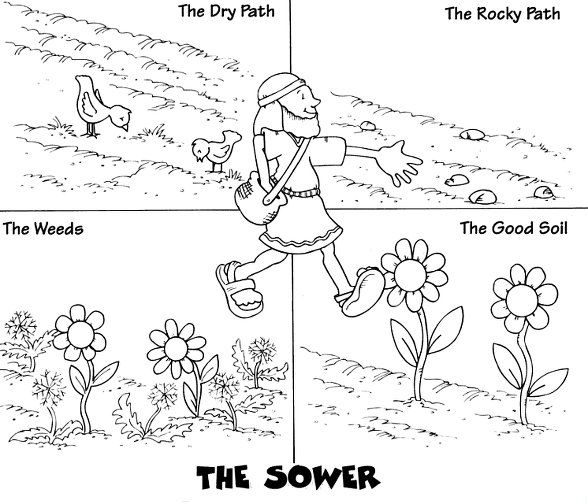
Upcoming Book study at BUMC – The Color of Compromise: The Truth about the American Church’s Complicity in Racism by Jemar Tisby – Starts Monday, July 6
UNDERSTANDING WHITE PRIVLEGE AND BIAS:
1. Systemic Racism Explained – 4 minute video that explains how the lives of a black and a white boy can be so different because of inequality in our systems.
2. – Racial Bias Test (Harvard) — this will help you understand what your biases might be
3. “White Awake” by Daniel Hill (FSP Chicago) – Video -Courageous Conversations: Understanding privilege and Becoming a Better Ally
4. “Walking While Black” (Garnette Cadogan) -Article of a Jamaican who moves to New York and shares the realities of being black in America –
OTHER HELPFUL RESOURCES:
1. Understanding White Fragility – “Why Are White People So Bad at Talking About Race?” – short video summarizing the book by Robin DiAngelo
2. Videos by Robin DiAngelo
– ” This is the Paradigm Shift That Could Stop Racism”
– “Why ‘I’m Not Racist’ Is Only Half the Story”
– “Debunking The Most Common Myths White People Tell About Race”
3. “Well Meaning White People” (Smartest Person in the Room)- Podcast on the insights a teacher learned in the classroom about racial injustice –
4. “How to Be an Antiracist” (Brené Brown + Ibram X. Kendi)- Brene Brown interview –
5. 75 Things White People Can Do for Racial Justice
6. 5 Tips for Being an Ally– Brief video for how white people can be helpful and supportive
RESOURCES FOR PARENTS:
1. Book list: https://www.embracerace.org/resources/20-picture-books-for-2020
2. Podcast – Integrated Schools podcast episode “Raising White Kids with Jennifer Harvey”– offers age-appropriate insights for teaching children how to address racism when they encounter it and tackles tough questions about how to help white kids be mindful of racial relations while understanding their own identity and the role they can play for justice. :
3. Articles: How White Parents Can Talk To Their Kids About Race | NPR
Teaching Your Child About Black History Month | PBS
Your Kids Aren’t Too Young to Talk About Race: Resource Roundup from Pretty Good
RECENT POSTS FROM Faith Meets Life

